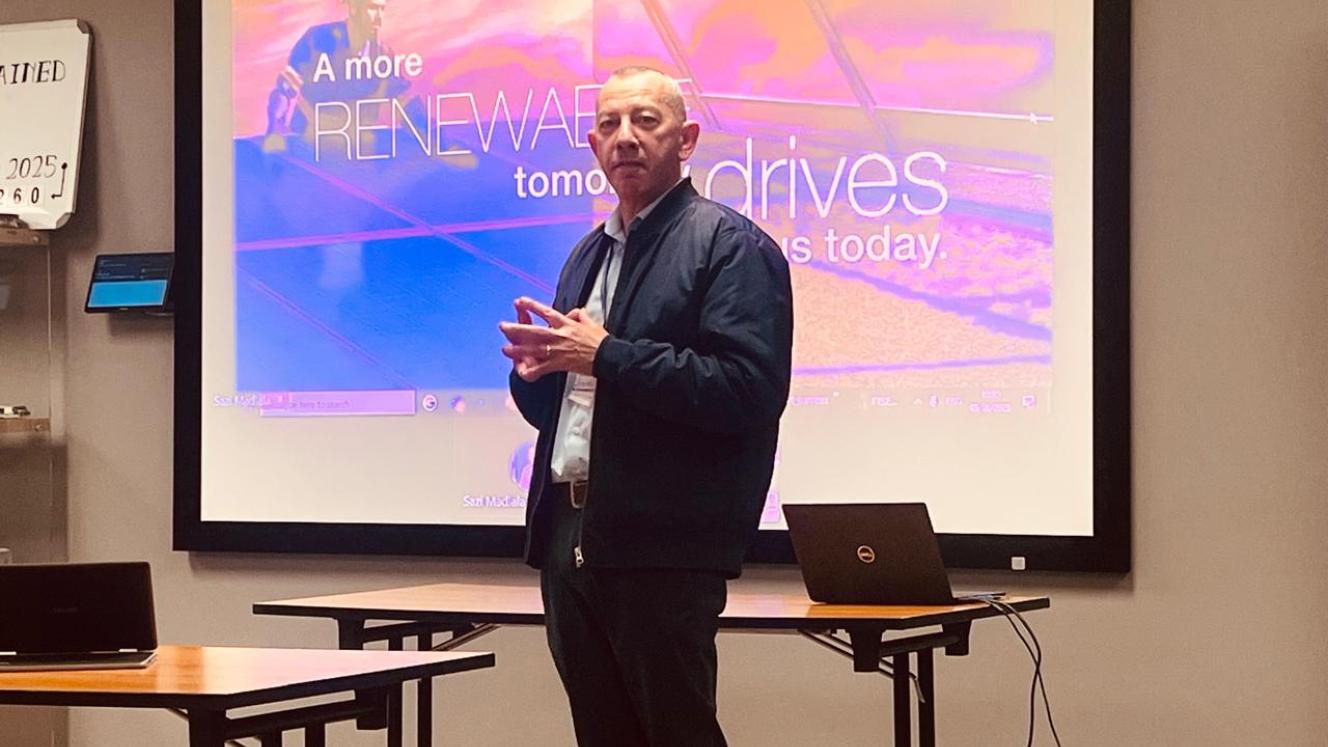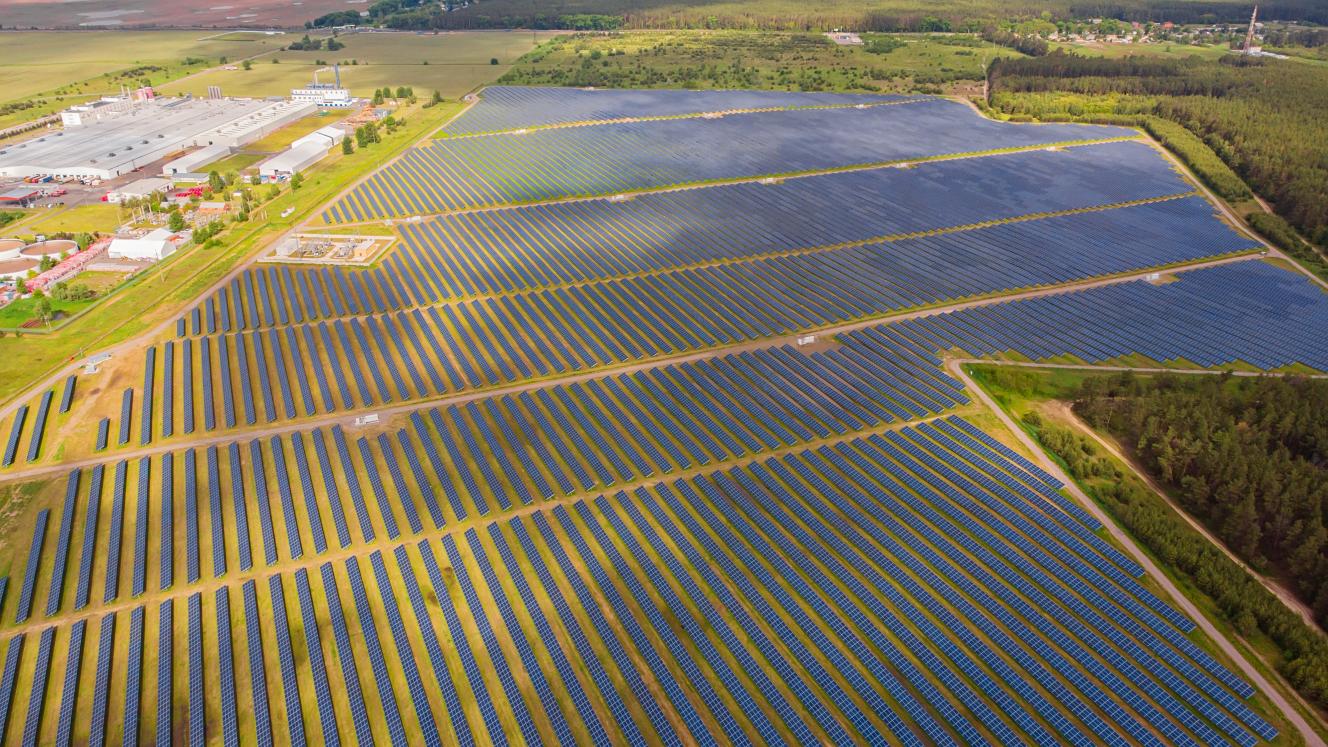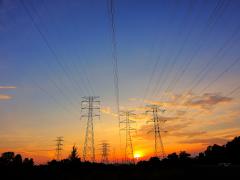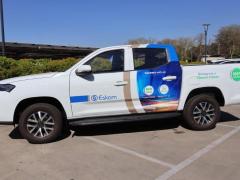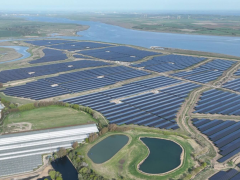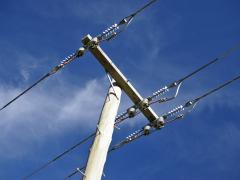South Africa has officially implemented minimum energy performance standards (MEPS) for electric motors, effective June 3. The compulsory specification (VC 9113), published in the Government Gazette on October 5, 2023, requires that all new three-phase, low-voltage motors sold in the country meet at least IE3 efficiency levels.
IE3 (International Efficiency Class 3) motors are classified as “premium efficiency” under global standards, typically offering 4-10% energy savings compared to older IE1 and IE2 models.
This move aligns with international energy standards and is expected to reduce national electricity use over time. The regulation applies to motors between 0,75 kW and 375 kW with two, four, six or eight poles, including geared and non-standard motors. IE1 and IE2 motors can still be sold from existing stock until May 2026, and those already in use may remain operational until end of life. No electric motors are currently manufactured in South Africa – all are imported.
Energy and cost benefits
Speaking at a media briefing hosted by WEG Africa in Johannesburg yesterday, industry stakeholders outlined the financial and environmental benefits of the regulation, particularly for high-load, high-runtime industrial users.
Harvest-Time Obadire, Power and Renewables Analyst at BMI, warned of a looming energy supply deficit. “Industrial applications consume nearly a third of produced electricity and electric motors are responsible for two thirds of that consumption,” he said. “This regulation makes enormous business and societal sense.”
Fanie Steyn, LV and HV Executive for Electric Motors at WEG Africa, said: “Motors often consume their capital cost in energy within weeks – a reality that makes higher-efficiency models more attractive. IE3 motors typically offer 4-10% energy savings. For motors running 24/7, the payback can be under a year.” MEPS could save approximately 840 GWh of local electricity consumption annually – compounding each year as more IE3 motors enter the market, he added.
Compliance and incentives
Enforcement of MEPS falls to the National Regulator for Compulsory Specifications, which inspects imports and warehouse stock. Original equipment manufacturers must obtain letters of authority for each model and end users are advised to verify compliance when procuring motors.
Financial incentives are available to encourage early adoption of energy-efficient technologies. The Section 12L tax incentive provides for claims of 95 cents per kilowatt-hour of verified energy savings, applicable across electricity and other energy sources. “This incentive, administered by the South African National Energy Development Institute, can be back-claimed for qualifying projects dating back to 2013, provided they are properly measured and verified,” said Zadok Olinga, former president of the Southern African Energy Efficiency Confederation.
In addition, Eskom offers energy efficiency rebates, such as the Energy Efficiency Rebate Programme, which provides direct financial support for projects that reduce peak demand or overall consumption, Olinga said.
